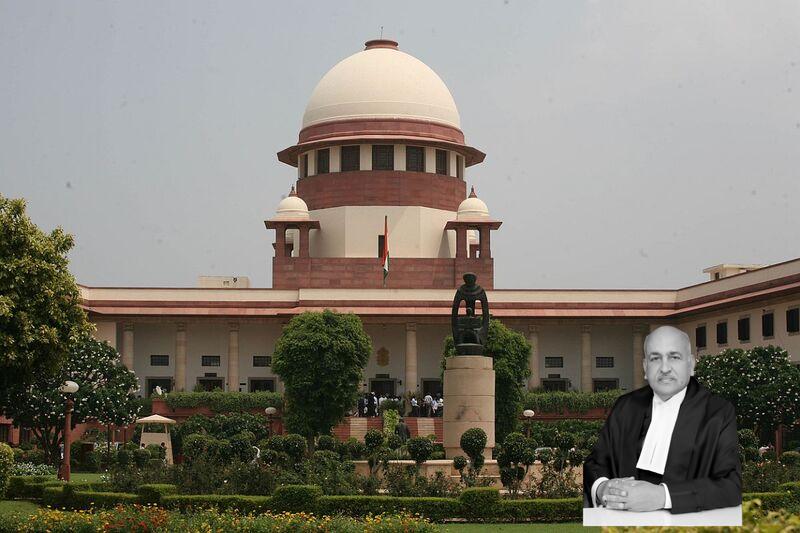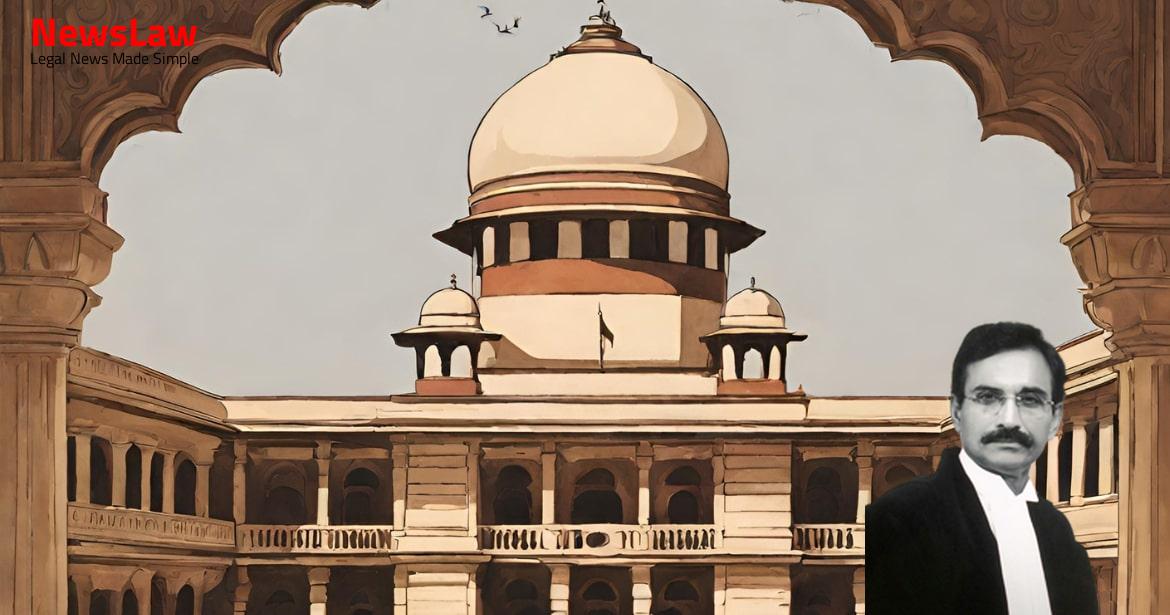The FIR No.621/2010 dated 26.09.2010 was initially regis- tered under Section 307 IPC wherein it has been stated that the deceased wife, due to unbearable mental and physical ha-
rassment caused to her by the appellant, poured kerosene upon herself to deter the appellant from causing further torture to her and that the appellant with the clear intention to kill her took advantage of the situation and lighted the matchstick and threw it on her body uttering “You Die”. At the time of the incident, their children were playing in the courtyard and that the boy, though of a tender age, had deposed that appellant was in habit of beating his wife and there used to be frequent quarrels between his parents.
The ocular evidence of the witnesses clearly proved that on the date of the incident, there was again a quarrel between both of them though on a petty matter but the deceased wife, in order to avoid torture at the hands of the appellant and to deter him, went inside the kitchen and poured kerosene on herself. The other statement which can be read as a dying declaration is Ext.
P10 recorded by PW16, Head Constable, Kuruppampady Police at General hospital, Ernakulam, wherein also the deceased wife repeated the same narration as in Ext.
P1 in relation to the incident of her death.
The Magistrate (PW5), before whom one of the dying declarations was recorded, proves the correctness of the statement and that when the statement of the deceased was recorded, she was coherent and oriented.
Even the DW1 (Saji Mathew) also proved that the deceased, at the time of the admission in the hospital, narrated about her burn injuries and alleged that her husband assaulted her and that she had poured kerosene on herself whereupon her husband had set her on fire. Now the only point for consideration is whether in the above circumstances, the appellant had any premeditated mind to kill the deceased or was it due to grave and sudden provocation which would not amount to murder or would at best be a case of culpable homicide not amounting to murder with imprisonment for a term which may extend up to 10 years or with fine or with both under Section 304 Part-II of IPC. It is on the strength of the above exception that from the side of the appellant it has been argued that the appellant is not guilty of murder as he had no premeditated mind and that the action of the appellant arose out of a sudden fight.
More particularly, the appellant cannot take advantage of the 4 Exception only on the pretext that it was not on account of premeditated mind or out of a sudden fight or that his intentions were not bad as he tried his best to douse the fire and to save the life of the deceased wife for the reason that the benefit of the above exception would have been available to him, had he not taken undue advantage of the situation.
In the instant case, the appellant upon seeing the deceased drenched in kerosene clearly took advantage of the situation and lighted a matchstick and threw it upon her so that she can be burnt. The appeal accordingly lacks merit and is dismissed.
Case Title: ANIL KUMAR Vs. THE STATE OF KERALA
Case Number: Crl.A. No.-002697-002697 / 2023



